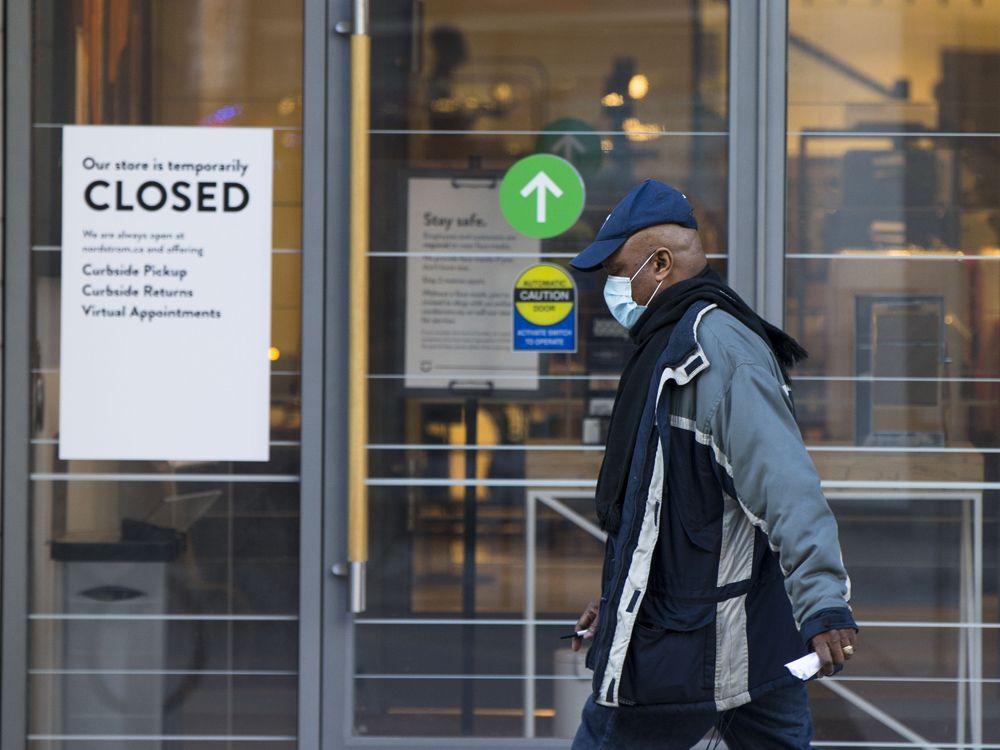Brad Sallows
Army.ca Fixture
- Reaction score
- 6,819
- Points
- 1,040
Private companies are concerned with competition law rather than procurement, and can't cut themselves a break when there's a major environmental f*ckup or some such. Politicians are good at howling for blood from the private sector while protecting public agencies and enterprises.
Most people changing jobs move sideways and/or up. I'm sure it's stressful having to do yet another review of something when government changes its mind, or changes hands. But some government decisions at worst result in full-stop employment for people on the outside, and at best "achieve X by Y or else" mandates generate a lot of churn. Government rarely takes itself to court when it misses something, or covers private losses during downturns with the same enthusiasm shown for taking "windfalls" during upturns. I don't miss wondering what f*ckery the politicians - particularly the NDP - were going to dream up next that would f*ck with my employer and thus my paycheque. Now I just have to tolerate whatever they do that erodes my retirement.
Most people changing jobs move sideways and/or up. I'm sure it's stressful having to do yet another review of something when government changes its mind, or changes hands. But some government decisions at worst result in full-stop employment for people on the outside, and at best "achieve X by Y or else" mandates generate a lot of churn. Government rarely takes itself to court when it misses something, or covers private losses during downturns with the same enthusiasm shown for taking "windfalls" during upturns. I don't miss wondering what f*ckery the politicians - particularly the NDP - were going to dream up next that would f*ck with my employer and thus my paycheque. Now I just have to tolerate whatever they do that erodes my retirement.


/cloudfront-us-east-2.images.arcpublishing.com/reuters/AFP76U3SLZPLROKE3J5HILSA2E.jpg)

